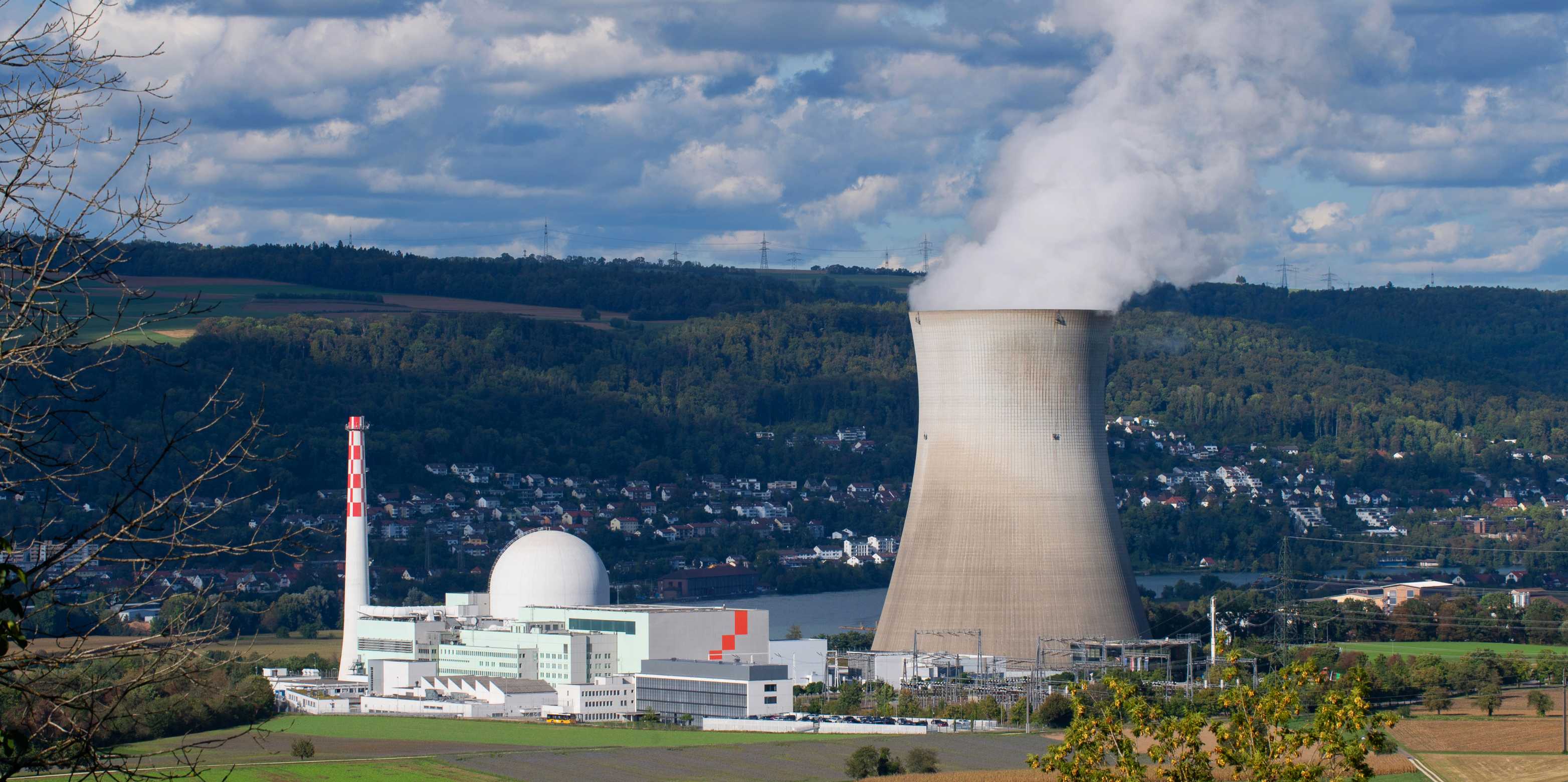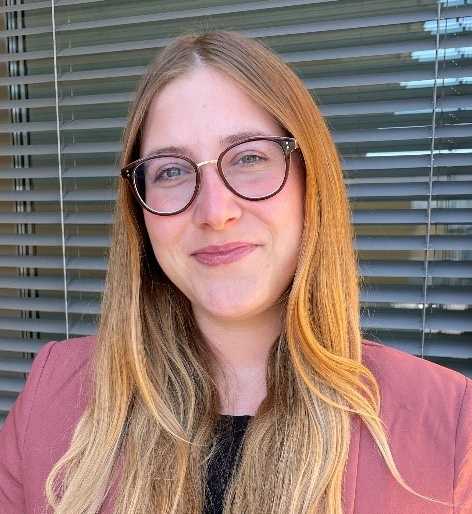The many facets of nuclear safety
An interview with D-PHYS alumna Luana Hafner, Specialist in radiological protection at the Swiss Federal Nuclear Safety Inspectorate.

What was the decision path that led you to your present job?
I got to know the Swiss Federal Nuclear Safety Inspectorate (ENSI) through my master's thesis on radiation-induced cancer risk calculations for astronauts, which I carried out at the University of Zurich. At the time, ENSI was funding a doctoral thesis in the same research group. I met my current boss over a coffee break during a project meeting on this doctoral thesis. We talked about my master's thesis, radiation protection, epidemiology and then about ENSI and potential prospects. I looked into various career options including pursuing a doctoral degree, training as a medical physicist and going to industry in the field of medical technology. In the end I went for the job at ENSI because the tasks are varied, and the work feels full of responsibility and meaning to me. Importantly, I also found the team to be a very good fit.
What does your average week look like?
There is no such thing as an average work week for me. Every day is different, and I really appreciate this variety. My role covers many aspects: for example, I continue to carry out research on the topic of radiation-induced cancer risk calculation (currently in the form of a doctorate) and I supervise other ENSI research projects.
I assess permit requests for projects related to radiation protection in nuclear facilities; I work on guidelines on different topics, such as dosimetry in nuclear facilities or for the training of radiation protection personnel, and I organise and lead inspections in nuclear facilities on the subjects of radiation protection and emergency response. Given my recognised expertise, I participate in the work of various specialist committees such as the Task Group 122 of the International Commission on Radiological Protection.

As a recognised radiation protection expert, I'm also responsible for ENSI's internal dose accounting.
How would you say that your physics degree prepared you for this job? From a professional standpoint, what do you value most of your physics background?
Of course, my physics degree prepared me professionally for this job. However, I would say that what I most benefit from is the analytical and critical way of thinking that I acquired while studying physics.
Translated from German by Gaia Donati